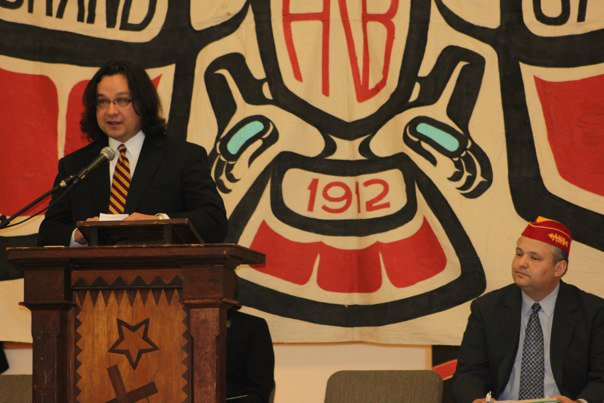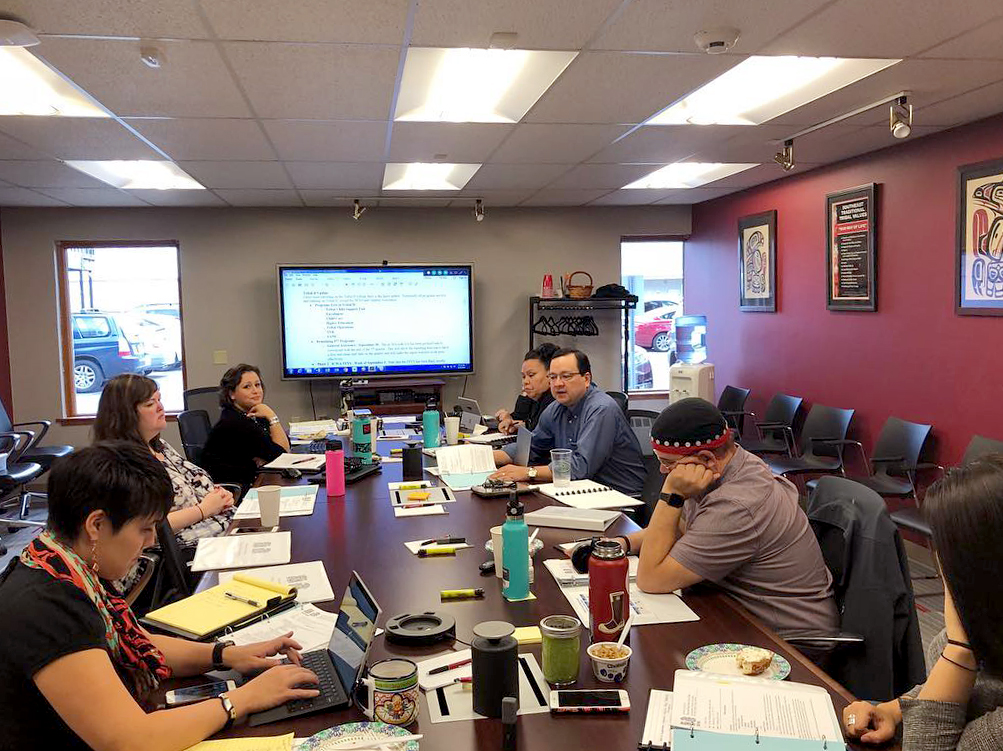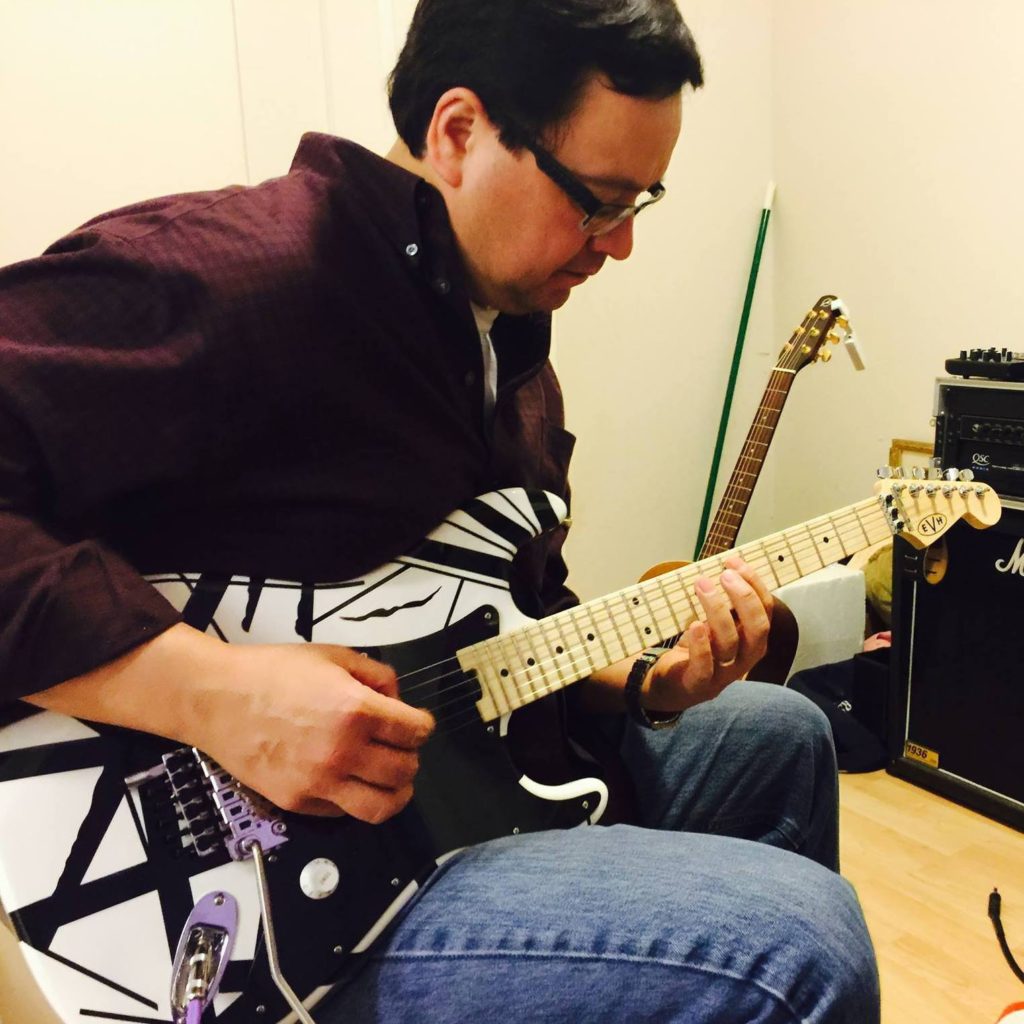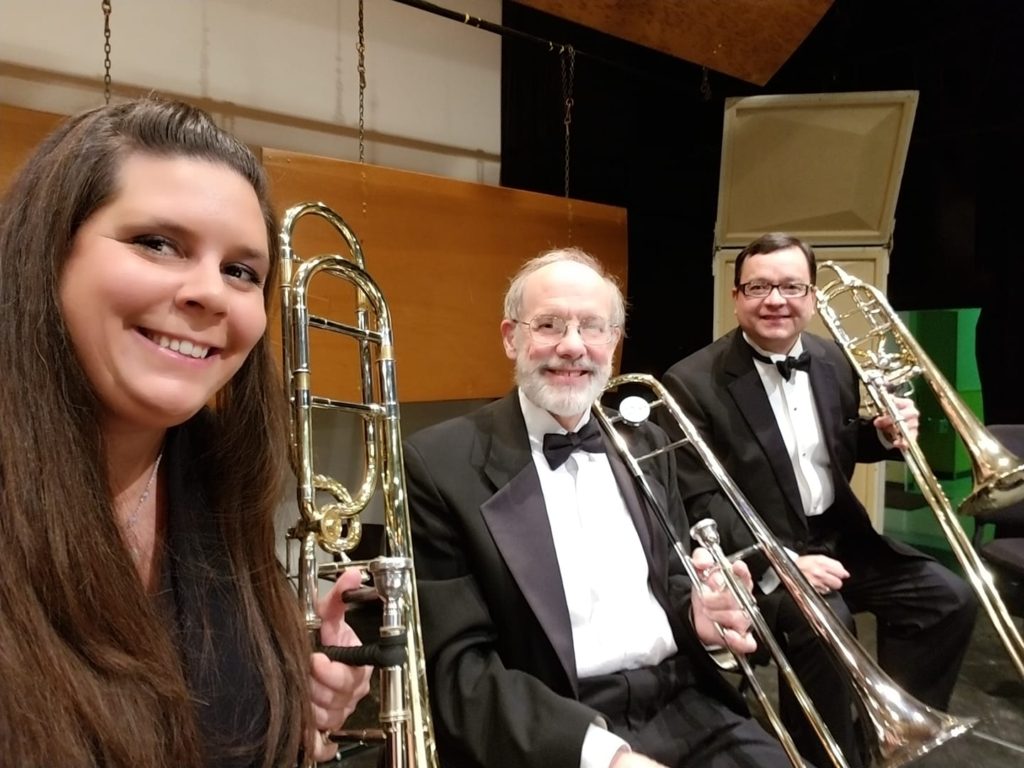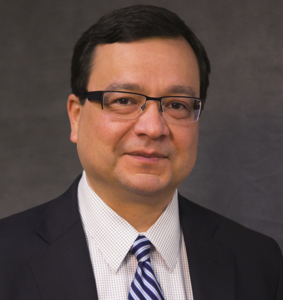 ILP Alum Ken Truitt has had experience in various legal positions since he graduated from ASU Law in 1992. Now working as the chief operating officer of Tribal Operations for the Central Council of Tlingit and Haida Tribes of Alaska, he oversees most of the Tribe’s programs. The ILP asked Ken to share some advice to current students as an insight into what helped lead him on his journey after graduation.
ILP Alum Ken Truitt has had experience in various legal positions since he graduated from ASU Law in 1992. Now working as the chief operating officer of Tribal Operations for the Central Council of Tlingit and Haida Tribes of Alaska, he oversees most of the Tribe’s programs. The ILP asked Ken to share some advice to current students as an insight into what helped lead him on his journey after graduation.
Q: What is your advice for current students?
A: “Several things come to mind. First, and not necessarily legally related but it could really help you map out your career after school: The Gallup organization has done decades worth of deep research into what makes good leaders good. The research has led to several books, perhaps the best known is “Strengths Based Leadership.” Along with the book is an online assessment tool that you get access to for buying the book. The tool is a leadership strength diagnostic survey and is remarkably accurate at assessing your particular leadership and vocational strengths. I wished I had come across this as a young professional starting out. It would have helped me understand why some courses and areas in the law seem to come easy to me and why some did not. Having a keen sense of your unique strengths early will help you in every job interview you get called for and it will help you analyze job announcements and see that some of them are not for you.
Second, recognize that law school primarily teaches you to be a life-long learner. The law changes every day and when you are out practicing it will not be the same as it was when you were in school. Again, this is a strategic advantage because not all other professional disciplines teach life-long learning as a component of the pedagogy. This absolute need to staying fresh and sharp is a competitive advantage lawyers have over other professionals especially if you find yourself transitioning into non-legal executive roles.
Third, learn how to transition. I mentioned life-long learning, here’s another way it can really help you throughout your career. Sometimes when you get into other non-legal roles, like management, what makes you a good lawyer is not automatically going to make you great in your new non-legal role. You will need to have an awareness of this, analyze the new role’s demands and commit to learning the new required skills and learning what parts of being a lawyer will hamper your performance there (here’s a hint, nobody likes being cross-examined, not on the stand and especially not in the workplace, ever).
Finally, learn how to network and network relentlessly. Some of the bumps I mentioned earlier could have been much more smooth had I recognized the need to network. Networking used to seem to me a smarmy exercise that overly ambitious and insincere people did to put themselves first in all circumstances. And as an introvert by nature I recoiled from it as well. But networking is as simple as taking an interest in people, and then staying in touch and connected with them. Sadly, I came to this realization late and I am working on improving in this area.”
Q: Is there anything you’ve learned after graduating that you wished you learned in class?
A: “When I was working in the state Attorney General’s Office I was lucky enough to attend one of the regional trial training programs from the National Institute of Trial Advocacy (NITA). The NITA program is an 11 – 14 day trial and lecture program where you get intense trial advocacy classroom lectures for the first few days along with mock opening statements and closing arguments. And then given material to prepare and present a case before a live jury in a real courtroom with a real judge. Early on, the mock statements are videoed and your peers and instructors, who are all trial lawyers, critique your video performance. Being forced to watch yourself and listen to your peers’ critique is an amazingly effective way to detect vocal and body language faults and correct them.
Being forced to prepare for a trial brings home all the law school work like nothing I had experienced prior. The rules of evidence and civil/criminal procedure, discovery review all come into focus in that 11-14 day time frame. I was surprised as I moved into the [general counsel] role how much the NITA training increased my competency in a non-trial role. I was able to see almost immediately evidentiary priorities as issues presented themselves that could potentially lead to litigation. There was something to having to go through discovery and find evidence to meet the burden of proof on every element of the case, and then present that case convincingly that brought all disciplines of law into sharp focus. Having had that, I could spot issues and prioritize them much more quickly than before I had the training.
I didn’t participate in any clinical programs while at school and I don’t recall how robust the trial clinic programs were when I was at ASU, but I wished I had availed myself of whatever was available.”


